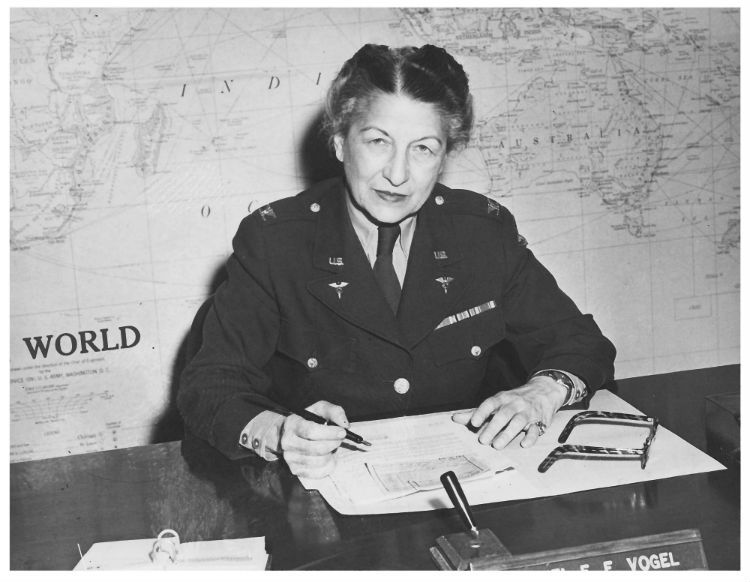🦀 Issue 56 Blue - Psych-RTS and Colonel Vogel

Howdy ya’ll! Welcome to August, a time of angst amongst many as we all go back to school or send our kids that way. Want to alleviate some of that? I’ve got another podcast for you! (Hey, I listen to a lot, don’t judge) This one’s called Detours and it’s from the team behind The Antiques Road Show and is produced by PRX and WGBH so it’s a high quality property. They look into the stories behind the scenes and behind the items from TARS and it’s a fantastic show. They’ve only done one season so far, but it was great. Check it out when you get a chance.
Also, remember that King Crab supporters support the newsletter for just a couple dollars per month and get double the article summaries and an audio version too (and none of these sections where I talk about what they get). Sign up for that here: https://PTCrab.org/subscribe
With that, let’s dive in!
Get Your Brain Right
The Gist - There’s more to return to sport the physical readiness. This is something we all know, but it doesn’t really come up in standard tests. To dig deeper into it, a team of Japanese researchers in the journal Physical Therapy in Sport grabbed 50 athletes between ages 16 and 45 and had them take the ACL-RSi, a psychological readiness questionnaire designed just for this purpose. They got a pre-op score and a 6 month post-op score and were able to categorize their participants based on them. After analysis, they saw that the 34% of their participants that had low pre-op scores also had lower 6 month post-op scores, while those who had high pre-op scores tended to do better postoperatively and return to sport sooner.
Tell Me More - I know that’s just data, here’s what it means. Patients who were less psychologically “fit” pre-operatively stayed that way post-op and had a harder time feeling ready to return to sport even after they should have been prepared for it. Meanwhile, those with more psychological fitness got psychologically ready more quickly. The researchers say that this is interesting data since it points to a practitioner’s duty to assess psychological readiness early in the rehab process. This could show them a patient’s likely psychological path through rehab and detect problems that may predict poor outcomes.
Paper? Sure! Though it’s been translated from Japanese and not beautifully, so it’s a bit of a tough read. It’s here.
Who Was Colonel Emma Vogel?
The Gist - PTJ recently ran an open access piece about Colonel Emma Vogel, one of the first physical therapists in the US Army and the very first one at Army General Hospital near Pittsburgh, PA in 1919 (though, technically they were called Physiotherapy Aides until she convinced Congress to change that in 1944). She served at Walter Reed amongst many other places and was one of the leading educators of PTs before the Second World War. In her career she treated thousands of patients, educated hundreds of PTs, gave lectures, helped stop discrimination against male PTs in the military, received awards, and more. The Colonel died 40 years ago last week at her home in St. Petersburg, FL and was buried with honors at Arlington National Cemetery.
Why am I telling you this? Because she was an amazing woman and it’s important to know the history of your profession. Check out the full piece to see all she did. It’s a brief two pages.
Paper? Yupp. Open access here.
That’s our week! Do check out Detours, it’s a great show. Always feel free to email me with questions, concerns, ideas, etc. I’m always happy to hear from you. Luke@PTCrab.org Also, you know, like keep sharing PT Crab. It’s how we grow.
Thanks, bye.






Comments
Want to leave a comment and discuss this with your fellow PTs? Join PT Crab and get summarized PT research in your inbox, every week.